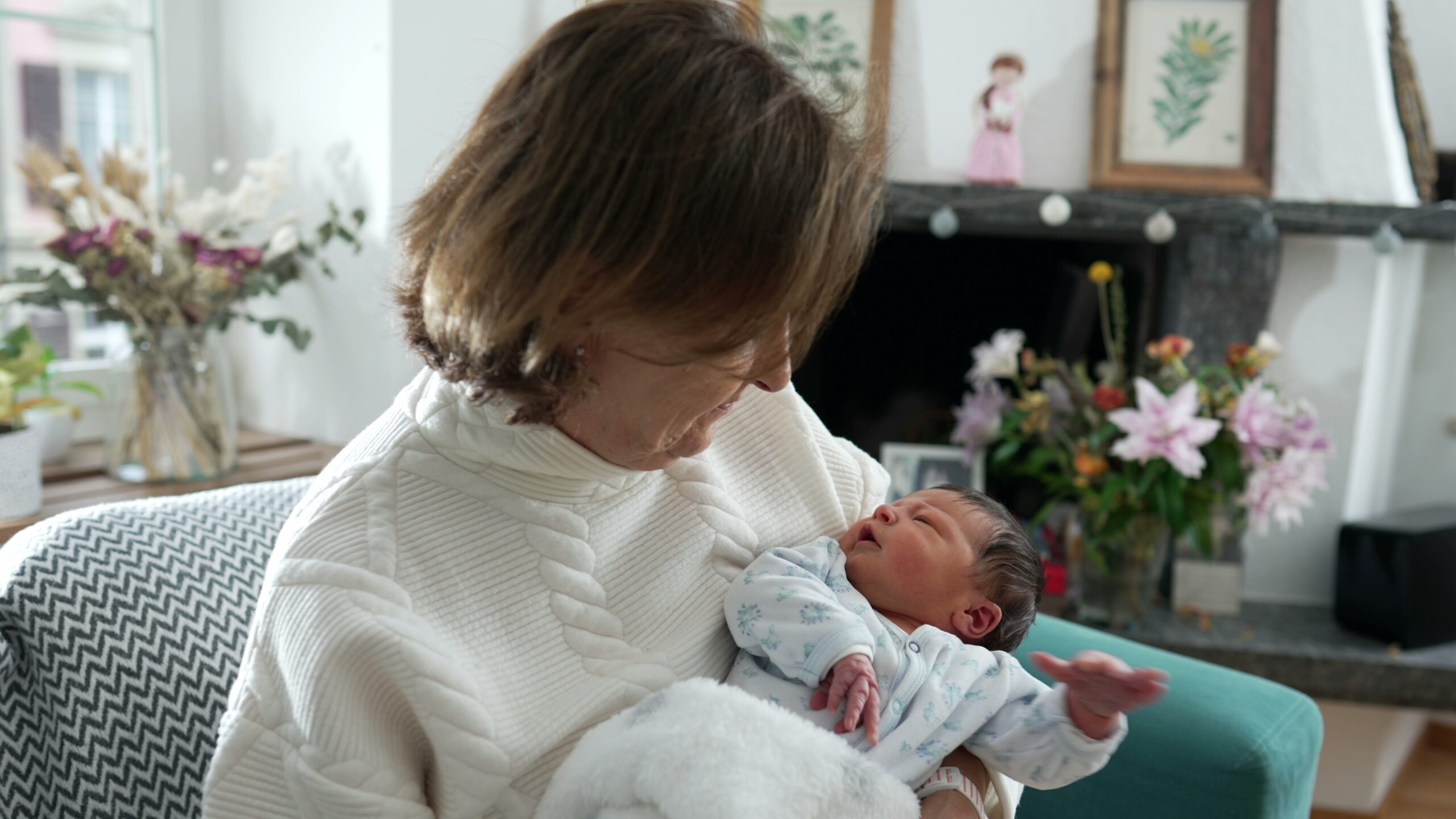
Public health officials are reporting a rise in respiratory syncytial virus (RSV) infections among young children and reminding families that the virus can be serious, especially for infants, kids, older adults and people with certain health conditions.
RSV is a common respiratory virus, but in babies, it is the leading cause of bronchiolitis and pneumonia. These illnesses make breathing difficult and often require medical care. RSV season runs through March, and health officials say early increases in hospitalizations are concerning.
The virus spreads easily through coughs, close contact and contaminated surfaces, which become more common during holiday gatherings. Immunizations can help reduce the severity and spread of RSV.
“Everybody wants that holiday photo with a big group of family and friends — clinically tested RSV immunizations help make that happen by reducing the symptoms that spread the virus, keeping people together,” says Dr. Stephen Feagins, Hamilton County Public Health’s medical director. “Adults should ask their doctor about an RSV vaccine now so they’re protected for the holidays and beyond.”
Tips for preventing RSV during the holidays:
-
Talk with your doctor about an RSV immunization. Most adults over age 50 with increased health risks are eligible annually, and the vaccine is available at most clinics.
-
If you’re pregnant, you likely are eligible to receive a maternal RSV immunization, which also will protect most fetuses. After birth, some babies may be eligible to receive a long-lasting antibody for protection.
-
Wash your hands frequently and thoroughly with warm water and soap — especially when gathering with others, after coughing or sneezing, and before handling food.
-
Fully cover your mouth when coughing or sneezing.
-
Regularly clean and disinfect surfaces that are frequently touched, such as countertops, doorknobs and light switches.
-
Increase the fresh air circulation by opening windows, running an air purifier or moving a party outside in good weather.
-
If you’re not feeling well, stay home to avoid passing the virus to others.
-
Watch for early symptoms of RSV, such as a runny nose, cough, congestion or fever.
-
Seek emergency care for children and older adults who have difficulty breathing, aren’t drinking enough fluids and aren’t eating much.
